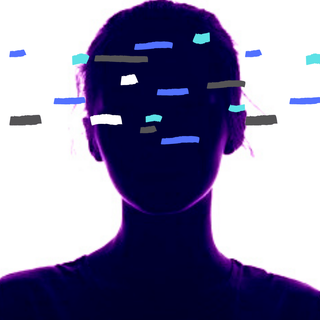Breakfast, as we know, is an important meal, like all other meals, as it kickstarts our metabolism, reduces our risk of heart disease, improves performance during long work-outs or intense physical activities in the morning, and mitigates too many snack cravings throughout the day.
Therefore, consuming breakfast in itself is a step towards good health, a concept neither me nor most of my millennial peers are closely acquainted with. This speaks for why I found myself extremely excited about my five-day-old habit of eating a pile of fruits and having a cup of tea, first thing in the a.m.
Except, my clean, healthy breakfast just isn’t enough, and I spend the rest of the morning half-head deep into a packet of chips, wondering why I even bother trying. So, what gives?
First, let’s look at the contents of my breakfast: tea with two spoons of sugar and assorted fruits. A synonym for this would be a carbohydrate and sugar bomb — fruits are simple carbohydrates with natural sugars, and tea is a simple carbohydrate with added spoons of sugar. Consuming meals with high sugar content means more sugar is being absorbed into the bloodstream, leading to a rapid rise and fall of blood sugar, with the fall occurring when the body produces enough insulin to rapidly break down the sugars, and so, leaving us hungry. Such rapid spikes in blood sugar lead to lethargy and hunger, cause blood vessels to harden and narrow, and reduce their ability to absorb sugars quickly enough, which leads to Type 2 Diabetes.
Related on The Swaddle:
The Hidden Benefits of Fiber
Popular depictions of healthy breakfast meals paint pretty pictures of fruits/veggies/milk/oats, they often don’t showcase the whole range of breakfast foodsnecessary for proper nutrition. Due to the over-representation of sugars in our morning meal, we’re also missing out on multiple nutrients, like proteins, vitamins, fibers, and fats, as neither of these nutrients are spread apart equally in our average breakfast. Just a few nutrients exist in abundance in one food item, and if that’s the only food item we’ve consumed for breakfast, then we’re losing out on the rest. For example, if one’s breakfast only consists of fruits, we’ve lost out on the adequate amount of protein and fat that meat and eggs could provide.
An ideal breakfast, which doesn’t leave one continually knackered post-consumption, would contain an ideal mix of nutrients and a high satiety factor, which is our body’s ability to feel just the right amount of fullness to take us through till the next meal. We’ve all been told to eat a balanced diet since Grade 2, but we don’t, and then we end up substituting our guilt regarding our bad diets with token healthy choices like a bunch of fruits, which doesn’t help enough. What we’re looking for is foods that take more time to break down, like complex carbohydrates (whole grains, nuts, seeds, and some fruits), healthy fats (cheese, eggs, avocados), fibrous fruits, (apples, bananas, oranges) and healthy proteins (meat, beans, legumes). A healthy mix of these items and a significant quantity of it would lead to a nutritious, satiating breakfast.
Now that I’m armed with the eternal wisdom of bodily functions, perhaps I won’t pass out on a packet of chips. Or perhaps, I just like napping on packets of chips. We’ll never know. Just don’t skip your nutrients, okay?




